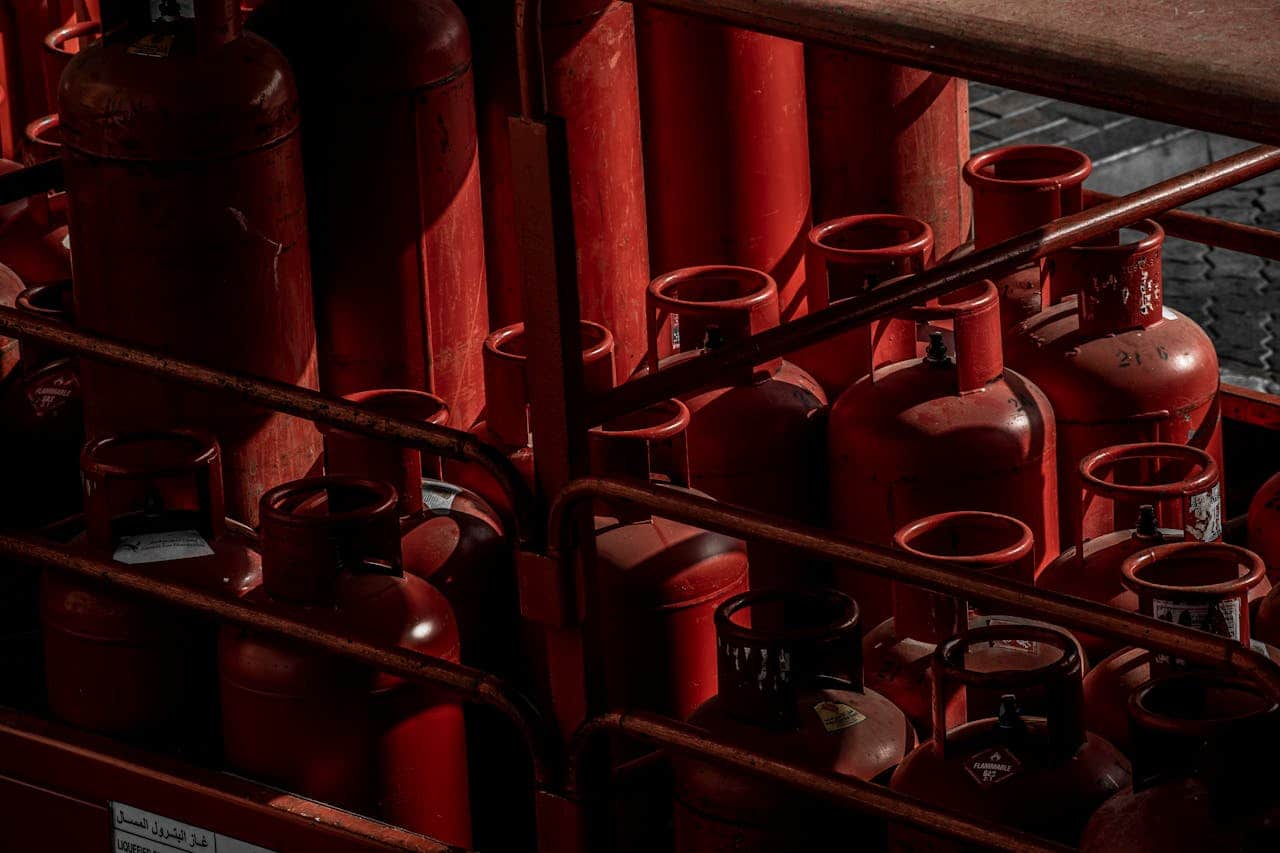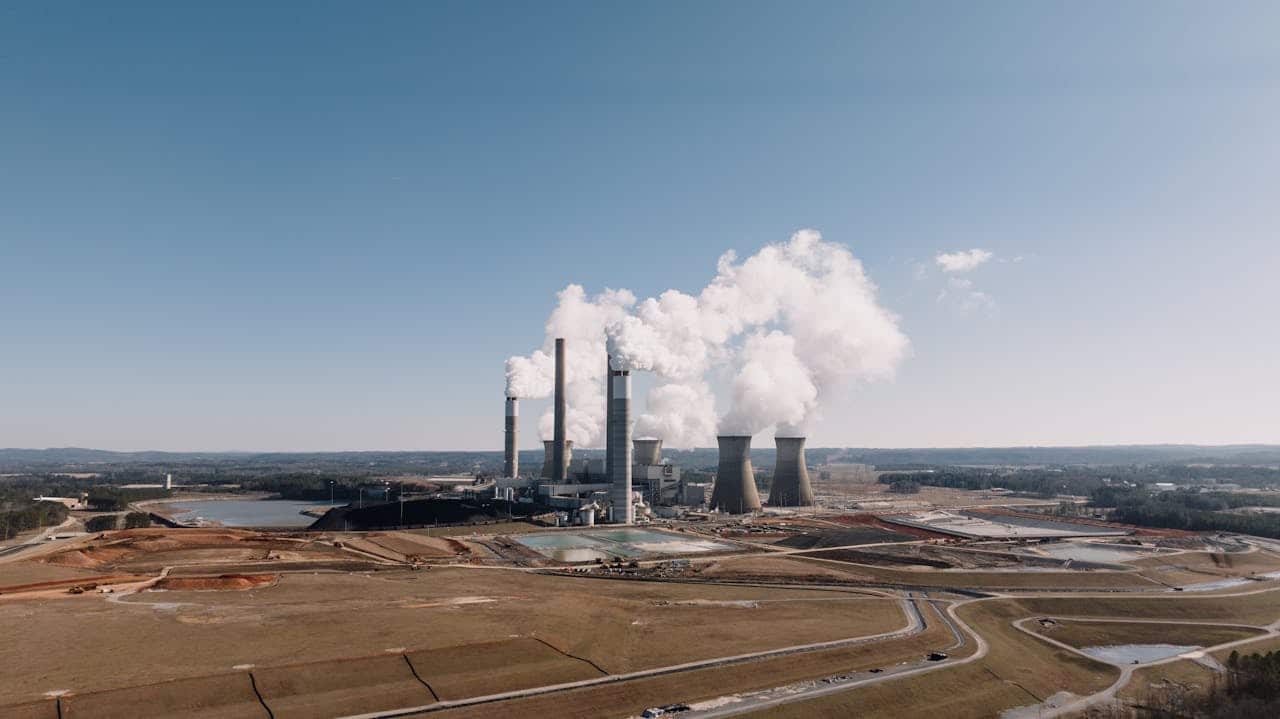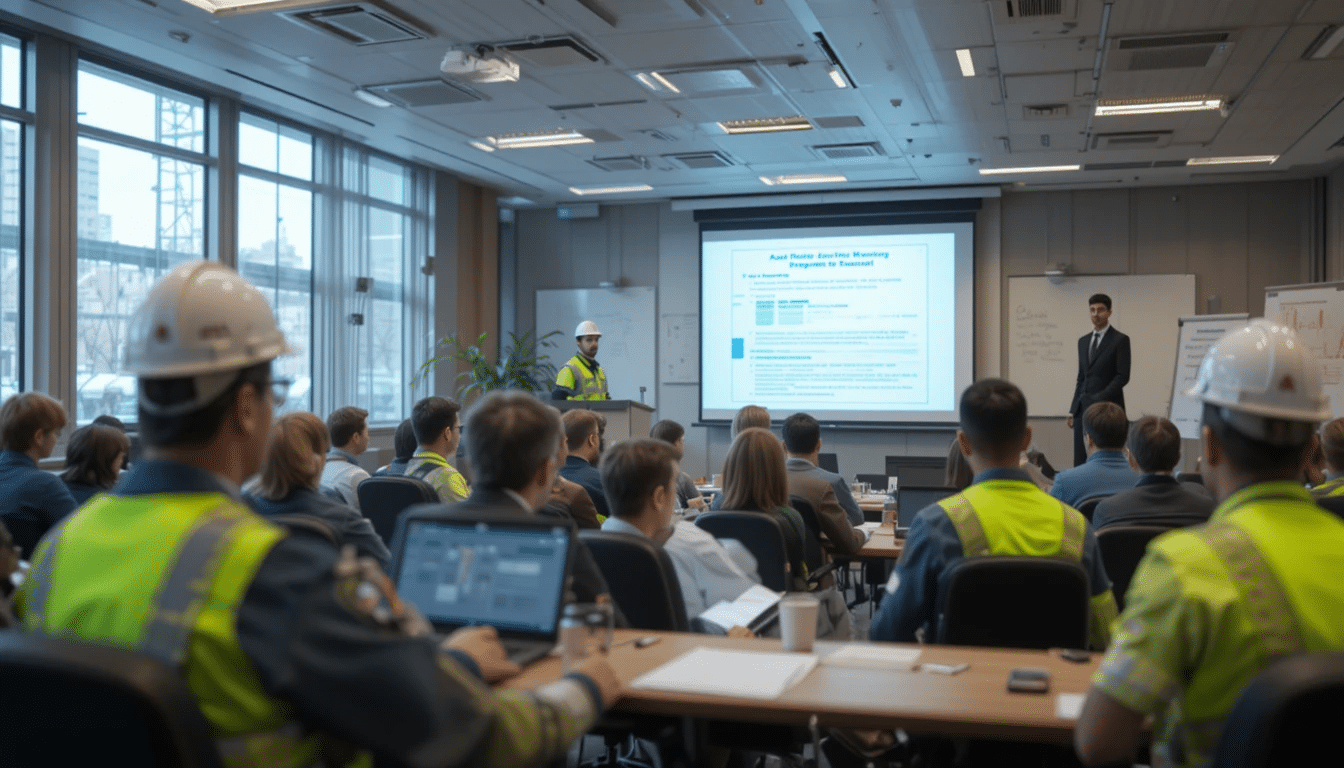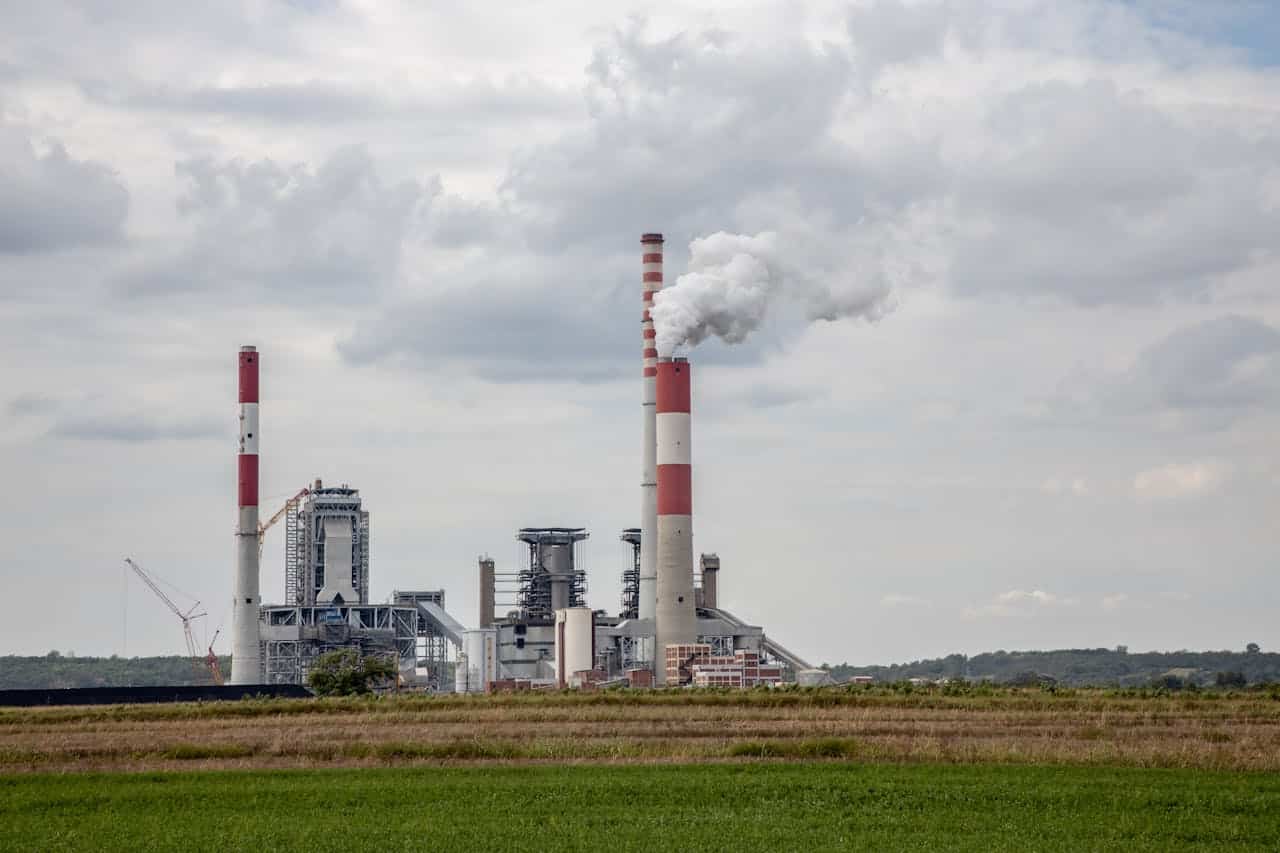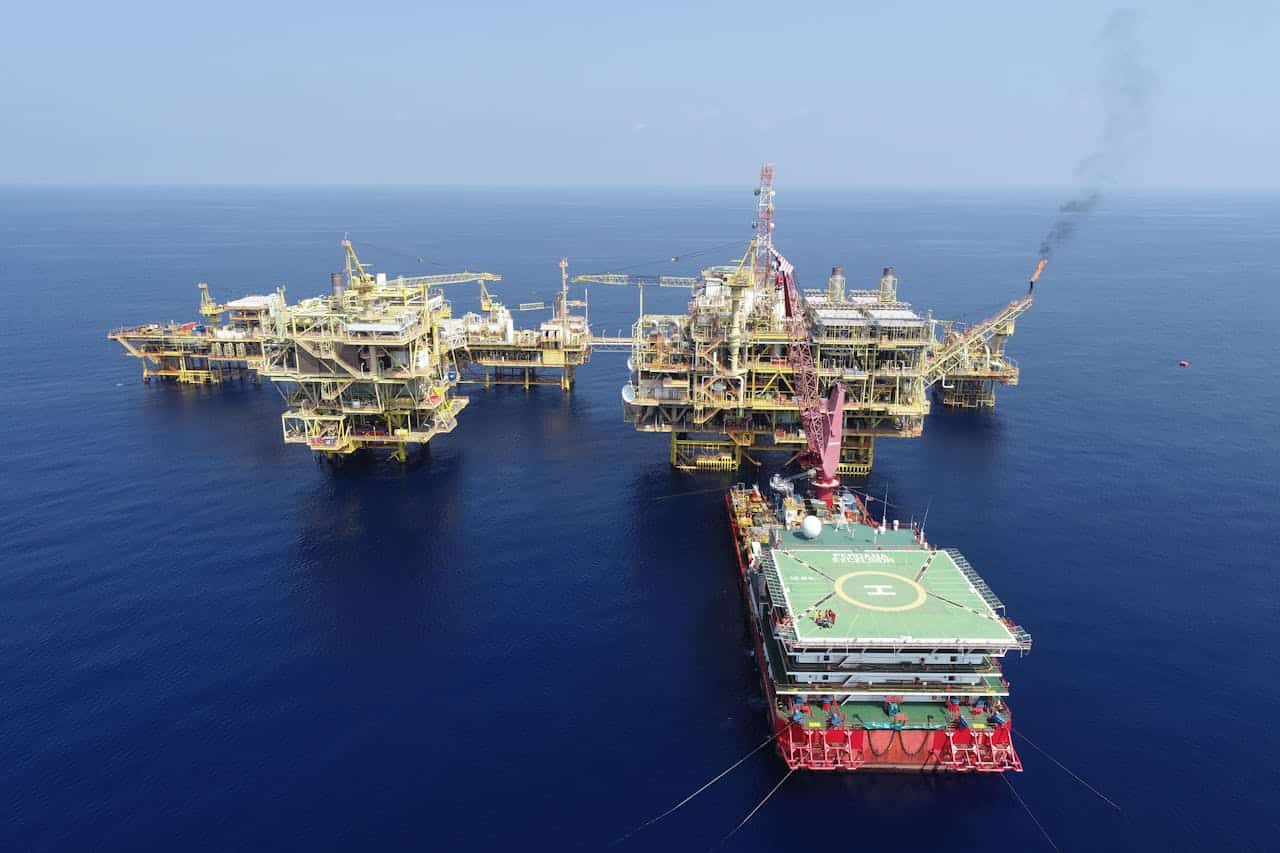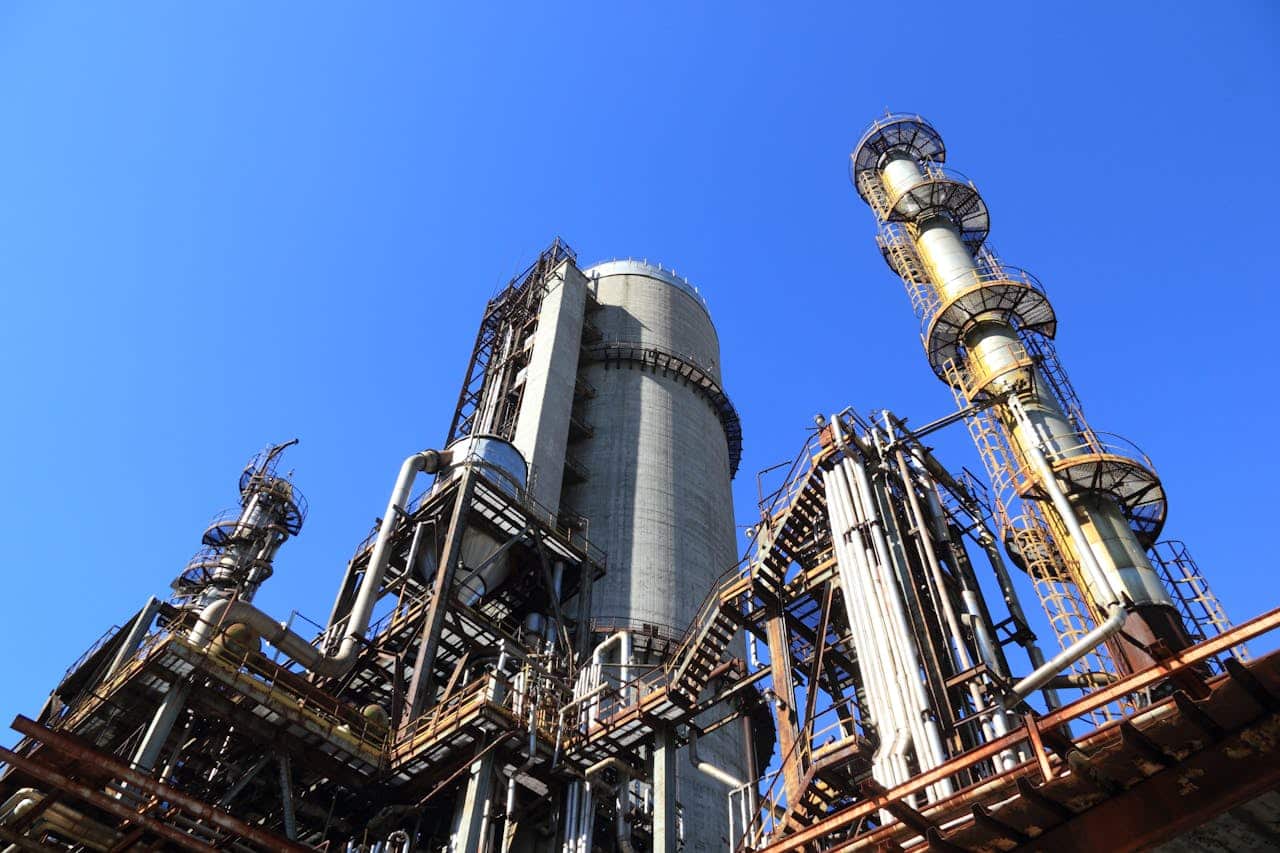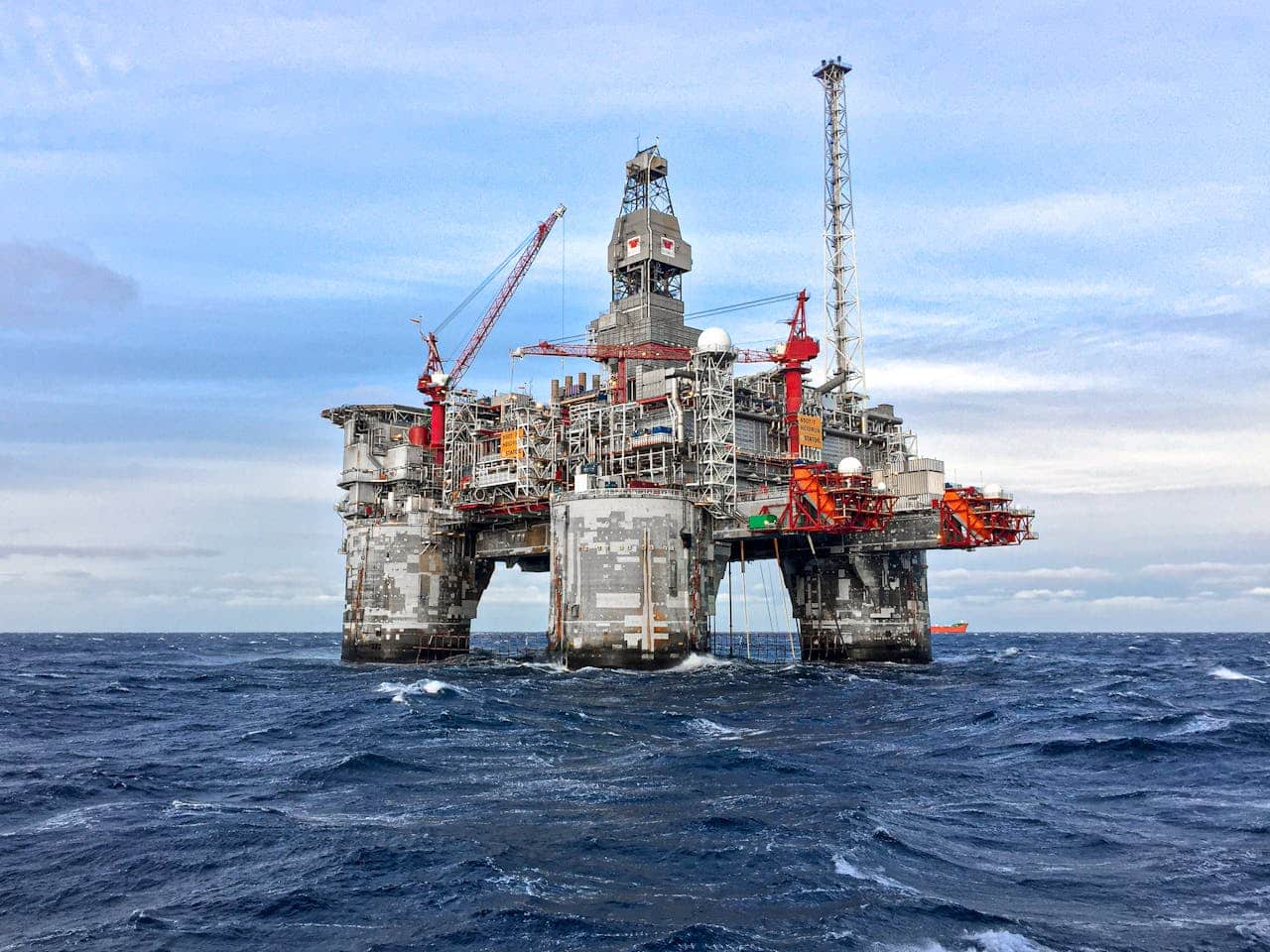Certification in Petrochemical Engineering
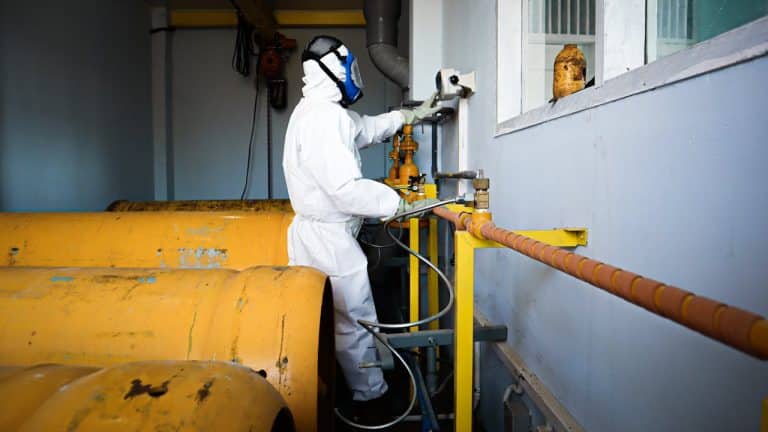
| No upcoming Schedule available for this course. | Register |
|---|---|
| Take control of your schedule! Choose your preferred dates and locations. click the register button. | Register |
| No upcoming Schedule available for this course. | Register |
|---|---|
| Take control of your schedule! Choose your preferred dates and locations. click the register button. | Register |
Did you know that the global petrochemical industry is projected to surpass $1 trillion by 2030, growing at over 4% annually? This compelling statistic underscores the critical importance of advanced petrochemical engineering expertise in today’s manufacturing sector.
Course Overview
The Certification in Petrochemical Engineering by Alpha Learning Centre is meticulously designed to equip professionals with cutting-edge knowledge in advanced petrochemical processes, safety protocols, and environmental compliance. This course focuses on process design and optimisation, reaction engineering, and sustainable practices to ensure participants can effectively navigate the complex landscape of petrochemical operations.
Why Select This Training Course?
Selecting this Petrochemical Engineering Course offers numerous advantages for professionals involved in chemical engineering and process management. Participants will gain advanced knowledge of catalytic cracking, process optimisation, and sustainable production techniques. The course provides hands-on experience with state-of-the-art simulation tools and laboratory equipment, enabling attendees to optimise their petrochemical operations effectively.
For organisations, investing in this training enhances overall production efficiency and reduces environmental impact. By ensuring that personnel are well-trained in advanced petrochemical processes, organisations not only protect their assets but also build sustainable practices. Research shows that companies implementing comprehensive sustainability initiatives can significantly reduce CO₂ emissions. For instance, BASF’s waste heat recovery system avoided approximately 3.8 million metric tons of CO₂ emissions in 2022.
Individuals who complete this course will benefit from enhanced career prospects as they become more valuable assets in their respective fields. The skills acquired through this training can lead to professional growth and increased responsibilities within their organisations. Studies indicate that with the petrochemical industry accounting for over 12.1% of oil demand within OECD countries, the demand for skilled petrochemical engineers continues to rise.
Transform your petrochemical engineering capabilities – Register now for this critical advanced training programme.
Who is this Training Course for?
This Certification in Petrochemical Engineering is suitable for:
- Chemical Engineers
- Process Engineers
- Production Managers
- Research Scientists
- Operations Managers
- Environmental Engineers
- Quality Control Specialists
- Project Managers
- Technical Consultants
- Graduate Engineers
What are the Training Goals?
The objectives of this training course are to enable professionals to:
- Master petrochemical process design
- Develop expertise in reaction engineering
- Enhance process optimisation skills
- Strengthen safety and environmental practices
- Improve project management capabilities
- Advanced data analysis and interpretation skills
- Optimise production efficiency
How will this Training Course be Presented?
The Petrochemical Engineering Course employs a comprehensive and innovative approach to ensure maximum knowledge retention and skill development. Expert-led instruction from seasoned petrochemical professionals forms the core of the course, providing up-to-date insights into modern petrochemical techniques and practical applications for today’s manufacturing sector.
The course utilises a blend of theoretical lectures and practical applications, allowing participants to apply their knowledge to realistic scenarios. Advanced educational methodologies create a personalised and engaging learning journey through:
- Interactive workshops with industry-standard simulation software
- Laboratory experiments for hands-on experience
- Case study analysis of successful petrochemical implementations
- Field demonstrations of latest petrochemical technologies
- Hands-on experience with advanced process control systems
- Technical demonstrations of catalytic cracking and polymer production
Join us now and elevate your petrochemical engineering expertise to new heights!
Course Syllabus
Module 1: Fundamentals of Petrochemical Engineering
- Overview of petrochemical processes
- Hydrocarbon feedstock characterisation
- Process flow diagram interpretation
- Material and energy balance calculations
- Thermodynamics in petrochemical processes
- Reaction kinetics and catalysis
- Process control and instrumentation
- Safety and environmental considerations
- Industry standards and regulations
Module 2: Process Design and Optimisation
- Process simulation and modelling
- Equipment sizing and selection
- Heat integration and energy efficiency
- Process optimisation techniques
- Economic evaluation and cost analysis
- Process safety management
- Environmental impact assessment
- Case studies on process design
- Advanced process control systems
- Digital twin technology
Module 3: Reaction Engineering and Catalysis
- Fundamentals of chemical reactions
- Catalytic reaction mechanisms
- Reactor design and operation
- Kinetic modelling and simulation
- Catalyst selection and optimisation
- Process intensification techniques
- Scale-up and commercialisation
- Case studies on reaction engineering
- Advanced catalytic processes
- Emerging technologies in catalysis
- Environmental considerations in reaction engineering
Module 4: Separation Processes
- Distillation and fractionation
- Absorption and stripping
- Extraction and leaching
- Membrane separation technologies
- Adsorption and ion exchange
- Crystallisation and precipitation
- Equipment design and operation
- Process optimisation strategies
Module 5: Polymer and Plastic Production
- Polymerisation reaction mechanisms
- Polymer processing techniques
- Plastic compounding and extrusion
- Injection moulding and blow moulding
- Material characterisation and testing
- Recycling and sustainability practices
- Case studies on polymer production
- Advanced polymer technologies
- Environmental impact of plastics
- Future trends in polymer engineering
Module 6: Process Safety and Risk Management
- Hazard identification and risk assessment
- Safety management systems
- Emergency response planning
- Incident investigation and analysis
- Safety culture development
- Regulatory compliance and standards
Module 7: Environmental Management and Sustainability
- Environmental impact assessments
- Waste management and recycling
- Emission control technologies
- Water management practices
- Sustainable resource utilisation
- Environmental compliance requirements
- Best practices in environmental protection
- Case studies on sustainability initiatives
- Integration with process engineering
Module 8: Advanced Process Control and Automation
- Process control strategies
- Automation and instrumentation
- Real-time data analytics
- Advanced control systems
- Cybersecurity considerations
- Digital transformation in petrochemical engineering
Module 9: Quality Control and Assurance
- Quality management systems
- Statistical process control
- Laboratory testing and analysis
- Product specification compliance
- Continuous improvement methodologies
- Case studies on quality management
- Best practices in quality assurance
Module 10: Project Management in Petrochemical Engineering
- Project planning and scheduling
- Resource allocation and budgeting
- Performance measurement and evaluation
- Stakeholder engagement strategies
- Contract management and negotiations
- Risk assessment and management
- Quality assurance and control
- Communication and reporting
- Change management in projects
- Continuous improvement processes
Module 11: Innovation and Emerging Technologies
- Digital transformation in petrochemical engineering
- Internet of Things (IoT) applications
- Artificial intelligence and machine learning
- Blockchain technology for data security
- Advanced materials and nanotechnology
- Future trends and technological opportunities
- Case studies on innovation in petrochemical engineering
Training Impact
The impact of petrochemical engineering training is evident through various real-world case studies and data, which demonstrate the effectiveness of structured programmes in enhancing production efficiency and environmental sustainability.
Research indicates that organisations implementing structured petrochemical training programmes have demonstrated measurable benefits in both process optimisation and operational efficiency. A study of Shell’s Pearl GTL plant in Qatar showed that advanced catalytic processes and efficient reactor designs allowed for the production of more than 140,000 barrels of various liquid hydrocarbons daily.
These case studies highlight the tangible benefits of implementing advanced petrochemical techniques:
- Improved production rates through catalytic innovation
- Enhanced sustainability through waste heat recovery systems
- Increased operational efficiency through process optimisation
- Strengthened environmental compliance and reduced emissions
By investing in this advanced training, organisations can expect to see:
- Significant improvement in production efficiency
- Improved ability to handle complex petrochemical processes
- Enhanced decision-making capabilities in sustainable operations
- Increased competitiveness through comprehensive petrochemical strategies
Transform your career and organisational performance – Enrol now to master Petrochemical Engineering techniques!

